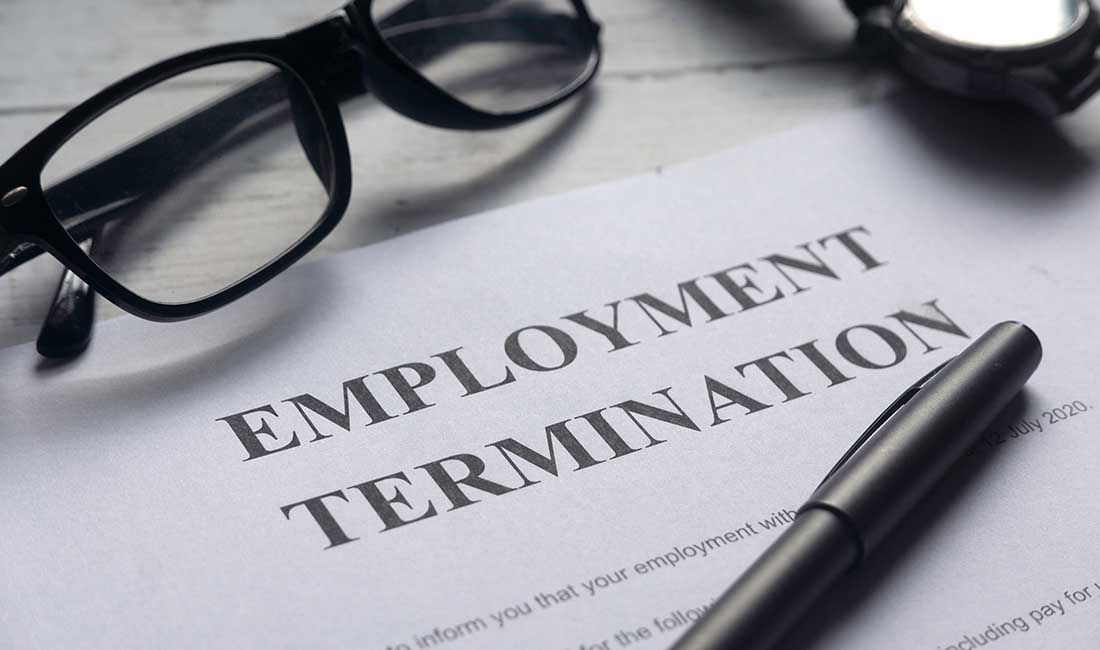Public Sector Workers Do £11bn of Unpaid Overtime

| W.E.U Admin | Improving Working Lives
Nearly two million public sector workers regularly work unpaid overtime, according to a GMB union analysis. This finding comes in response to the Chancellor’s comment that public sector staff are “overpaid.”
Unpaid Overtime Totals £11 bn Each Year
Research by GMB, the union representing public sector employees, reveals that 1.8 million workers in health, education, local government and other public services clock up an average of eight unpaid hours per week—equivalent to £11 bn annually.
To explore more on unpaid overtime in the public sector, see our related report at Unpaid Overtime in the Public Sector.
Employees Would Earn an Extra £6,000 Each on Average
If these hours were remunerated, every affected worker would gain an extra £6,000 per year—that’s a 24% pay rise on top of current salaries. This disparity highlights a growing gap between contracted pay and actual hours worked.
Pay Cap Debate Intensifies
The Government has capped public sector pay increases at 1% annually through 2019–20. Chancellor Philip Hammond has resisted calls to lift this limit, suggesting that public sector workers enjoy “better pensions” and are therefore overpaid compared to private sector counterparts.
For background on the campaign to end the pay cap, visit Calls to Lift the Public Sector Pay Cap.
Union Warns of “Dangerous” Workloads
GMB warns that public sector staff are almost twice as likely to work unpaid overtime than those in the private sector. More than 300,000—one in twenty—report putting in 15+ unpaid hours weekly, with midwives, social workers, teaching assistants and school support staff among the hardest hit.
Since 2010, 412,000 public sector jobs have been cut, driving up workloads amid rising demand for services.
Union Response: “Backbone of Society”
“Public sector workers are the backbone of our society—working above and beyond their contracted hours because they are committed to jobs they love,” said Rehana Azam, GMB National Secretary for Public Services. She added, “Unpaid hours mean that thousands are effectively earning below the minimum wage, especially in the care sector.”
“It’s frankly patronising and ill-informed to dismiss calls for wage increases when millions of salaries would rise by a quarter if payslips genuinely reflected all hours worked,” Azam concluded.
workersofengland.co.uk | Independent Workers Trade Union


















